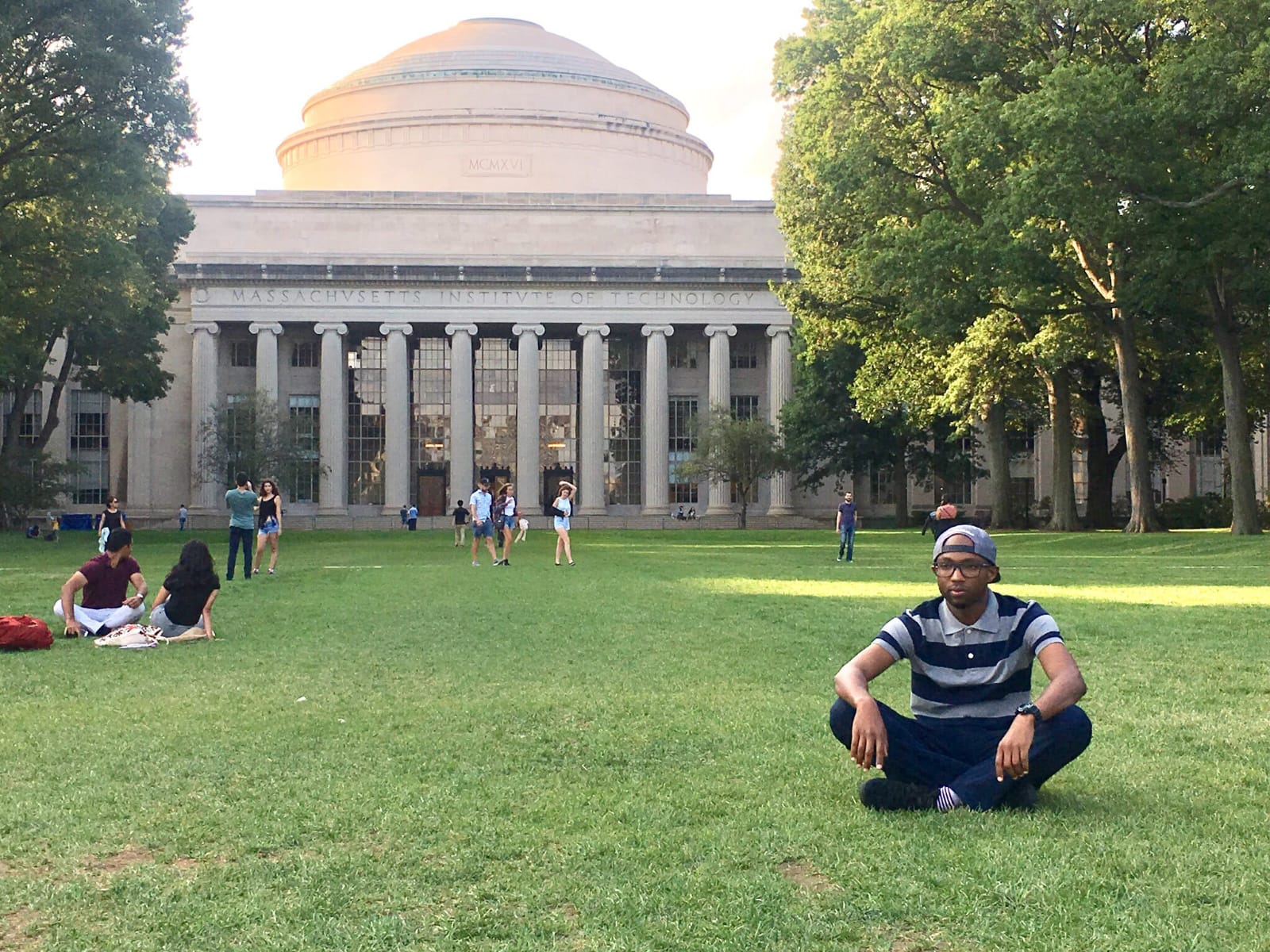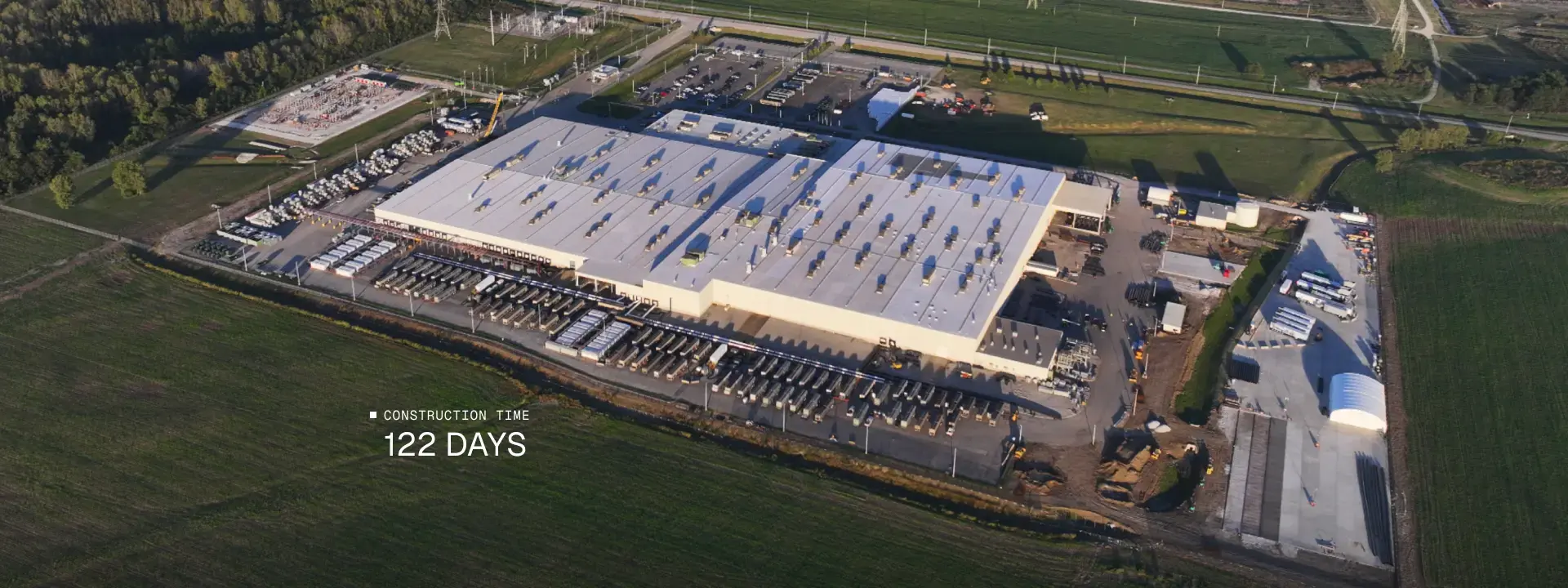Is Academia Losing the AI Research and Innovation Race to Industry?

The traditional model of university research, particularly in computer science departments around the world, is being severely outmatched by the sheer scale, speed, and resources of Big Tech. What was once the exclusive domain of academic labs pushing the boundaries of computation now sees industry giants like OpenAI, Meta, Nvidia and others, leading the charge and redefining what "cutting-edge" truly means.
Consider the now-legendary research paper “Attention Is All You Need,” which laid the foundation for the Transformer architecture powering nearly every large language model (LLM) today. It was authored not by a traditional university research team, but by engineers at Google Brain, along with one co-author from the University of Toronto. The paper wasn’t published in a peer-reviewed journal, it was presented at the 2017 NeurIPS conference and quickly released online, sparking an unprecedented wave of innovation. Had this work emerged purely from a university lab, it might have been delayed for months, or even years, in review cycles, editorial negotiations, and funding uncertainty. This raises a difficult question: is academia losing the AI research and innovation race to industry? Is it time for computer science departments to rethink what they research, and how they conduct research in the first place?
During that time back in 2017, I visited MIT and Harvard and was blown away by what I saw on campus. Students were experimenting with robotics, programming self-riding bicycles and so many other cool stuff. But fast forward to today, and even these top universities are on the back foot. The dynamics have changed drastically.
Last week, in a bold move forward, Elon Musk's xAI announced Grok 4 and its advanced sibling, Grok 4 Heavy, which effectively positioned them as the world's most intelligent AI models. In the same week Open AI released its new “ChatGPT Agent”, which can now autonomously browse the web, manipulate documents, manage calendars, pull email content. Anthropic which is the company running the claude model, also released Claude for the financial services industry, a model specialised on performing advanced financial modelling, research and reports.
Meanwhile most computer science departments around the world are still lagging behind, struggling with funding cuts, lots of bureaucratic processes for grants applications, and conservative research focus, struggles to build simple AI stacks, let alone the kind shipping inside ChatGPT Agent.

The problem with traditional computer science research at most universities is that they often operate on longer cycles, driven by curiosity, peer review, and the pursuit of fundamental understanding. Industry research, while also innovative, is frequently product-driven, focused on rapid iteration, deployment at scale, and immediate practical applications. When you have the resources to train models on petabytes of data using thousands of GPUs, and a direct pipeline to integrate those models into products used by billions, the pace of "discovery" accelerates exponentially. What's more depressing is that these advanced AI models require computational power that is simply beyond the reach of almost any computer science department at any university in the world.
These advanced AI models require computational power that is simply beyond the reach of almost any computer science department at any university in the world.
Take infrastructure for example. I watched the entire livestream in awe when Elon announced how the infrastructure powering Grok 4 and Grok 4 Heavy, are powered by xAI’s Colossus supercomputer with its 200,000 Nvidia GPUs, was a monumental accomplishment assembled in just 18 months. This was an unprecedented timeline for such a massive AI cluster.

It literally mentions on their website that they are "... running the world’s biggest supercomputer, Colossus. Built in 122 days—outpacing every estimate—it was the most powerful AI training system yet. Then we doubled it in 92 days to 200k GPUs. This is just the beginning."
Some industry specialists and skeptics initially doubted xAI’s ability to scale this infrastructure so rapidly, because of the logistical complexities involved, the challenges in supply chain, and the absolute massive computational capabilities required to surpass industry giants like Microsoft, Google and AWS.
But... Elon being Elon with his vast experience in large scale manufacturing with Teslas and his Starship rockets, and through some crazy innovative engineering and relentless execution, the xAI team defied expectations, creating a system capable of supporting the world’s most advanced AI models in record time. This was previously unheard of.
The question is, which university in the world can compete with that?
As someone with a background in Computer Science and a PhD in Information Systems, and having spent almost the decade as an innovation scholar, I can't help but wonder ... Has time come to rethink CS research at universities? Should universities relinquish the chase for cutting-edge agents? or perhaps, should CS departments double down on foundational theory, AI ethics, model auditing, or low-compute innovation, areas where they can lead without massive compute.
What if CS departments became node hubs, joining forces with regional cloud providers to maintain democratic access to compute like NVidia's H100 GPUs?
Is it time to recast research incentives, valuing long-cycle, open science, replicability, and explainability over conference clapbacks and citation counts?
For those of us from the developing world, under-resourced CS labs, scarce machines, and brain drain, the challenges ahead are exponential. They also present opportunities. The same resource scarcity can fuel frugal, context-driven AI. Similar to what the Chinese have done with DeepSeek. Simple models tuned not for billion-user apps, but for local healthcare, wildlife preservation, agriculture, and local languages.
1 comment have been added to this post
Leave a Comment
Subscribe To My Weekly Newsletter.
Stay updated on the latest insights in innovation, data science, and digital transformation. Subscribe to receive valuable content, industry trends, and actionable strategies delivered straight to your inbox.
Subscribe